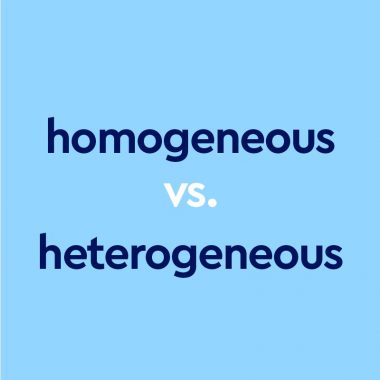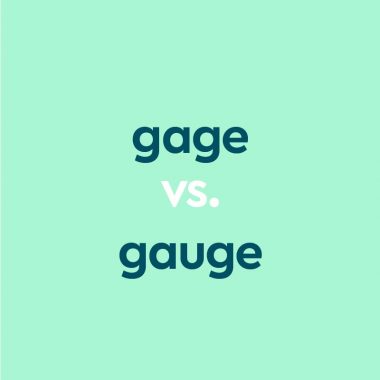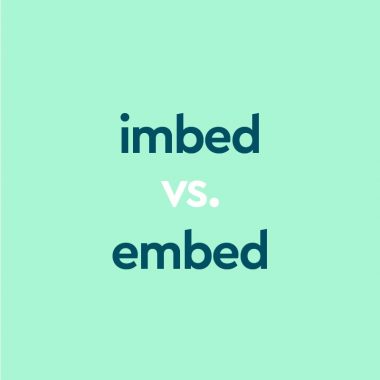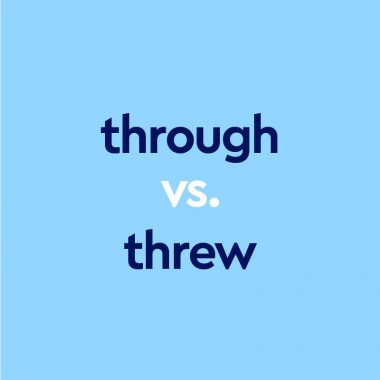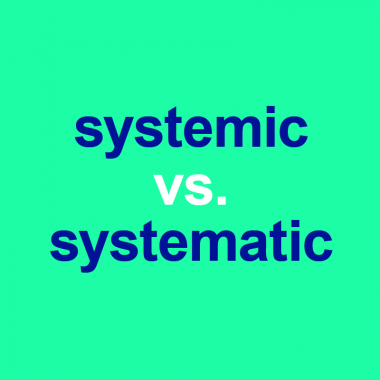16 Words That Explain British Royal Family Traditions
Royalty is built on ceremony and tradition, and these ceremonies and traditions are excruciatingly planned down to the slightest detail, often years in advance. Here are some key terms that explain the intricacies of British royal rituals and the places they are performed, including the elaborate funeral of Queen Elizabeth II, coronations, royal weddings, and the final resting places of British monarchs. lie in state …


